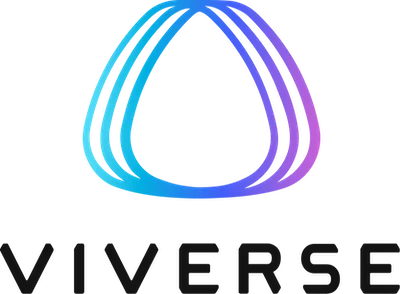🎮 Native Game Engines
Sponsored by VIVERSE. VIVERSE is an open-web platform that empowers developers to build, publish, and scale 3D and XR experiences that run instantly in the browser. With free hosting, monetization tools, and multi-engine support, VIVERSE bridges technical freedom with creative control. And through our Creator Program, we’re investing in the next generation of creators pushing the boundaries of what’s possible in the browser.
This website is called Web Game Dev because we are going to use web standards to make games, but it is also worth addressing the topic of native game engines.
The two biggest engines available for native game development are  Unity and
Unity and  Unreal Engine. They are both industry standards with massive communities and markets. If you want to work for companies in the video games industry and be able to release performant games on multiple native platforms like desktop and mobile, these are your main options, and you can’t go wrong with either.
Unreal Engine. They are both industry standards with massive communities and markets. If you want to work for companies in the video games industry and be able to release performant games on multiple native platforms like desktop and mobile, these are your main options, and you can’t go wrong with either.
Unity is easier to start with due to its big community, and has been very popular with indie game developers, whereas Unreal is usually considered better-suited for AAA games. But both can make any kind of games.
Unity code is written in C# and with Unity Visual Scripting, and Unreal Engine code is written in C++ and with Blueprints Visual Scripting. While visual scripting is quite interesting and allows you to do a lot, you will eventually have to use C# or C++.
There is also  Godot105k, an open-source alternative that supports C#, C++, visual scripting, and its proprietary Python-like GDScript.
Godot105k, an open-source alternative that supports C#, C++, visual scripting, and its proprietary Python-like GDScript.
Note that if your goal is simply to publish a game to the web rather than using JavaScript, it is possible to export your games to WebAssembly and WebGL with both Unity and Godot. Some other recent actors are Needle, a tool to export Unity and Blender projects to a Three.js-based web runtime, and Wonder for Unreal Engine.
There are a lot of other game engines such as  Defold (Lua, but there is ts-defold),
Defold (Lua, but there is ts-defold),  Haxe (the spiritual successor of Flash) or GameMaker (GML).
Haxe (the spiritual successor of Flash) or GameMaker (GML).

